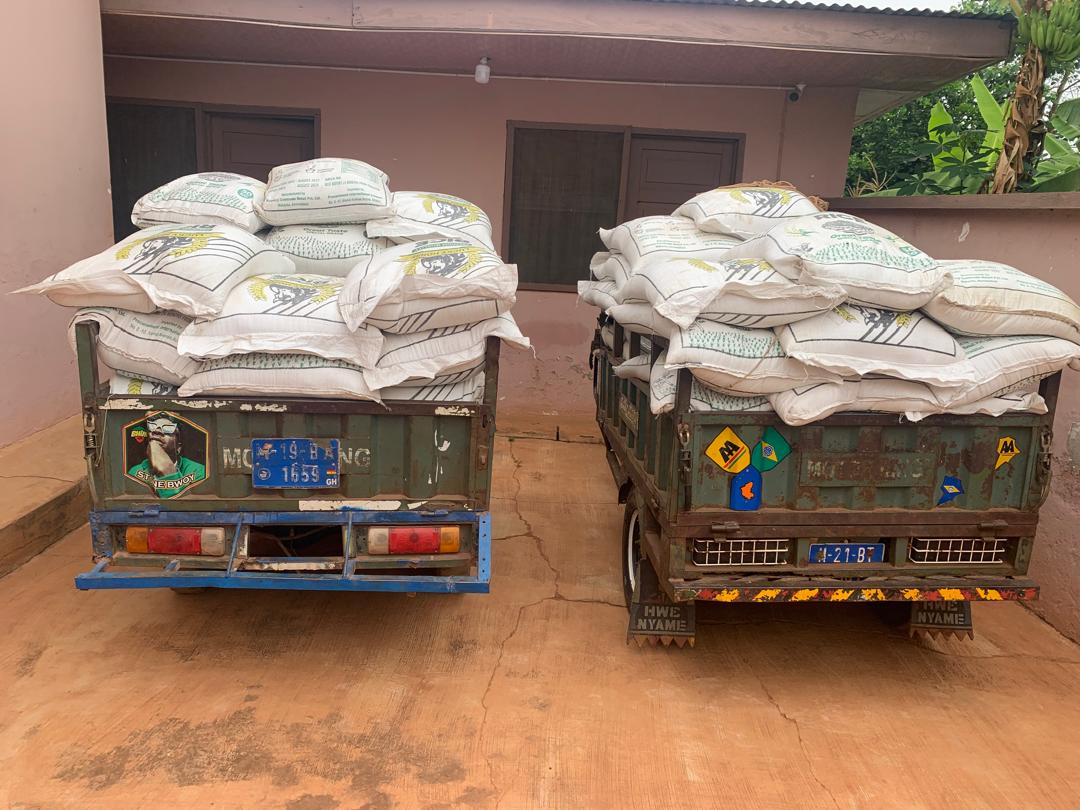
- Uganda’s tourism is threatened by the Ebola outbreak in the country.
- The outbreak’s spread to the capital city of Kampala has caused some concerns.
- The President of the country has however promised that there is no cause for alarm.
The tourism sector of any country is only as valuable as the security the country provides.
While Uganda’s national security is not a cause for alarm or a complete deterrent to outside visitors, the safety the country provides is still very questionable, at best. This is not a direct result of armed threats or a hostile environment, but as a result of its Ebola outbreak.
On the 20th of September 2022, the country officially declared that it has an Ebola outbreak. As many as 55 cases have been reported including in the capital city of Kampala. The World Health Organization has that number at 150.
As a result, travel in and out of the country, particularly in, has been ill advised. Some countries have even begun to put travel protocols in place for those flying in from Uganda, including a mandatory test at the airport.
However, the president of Uganda, President Yoweri Museveni on Tuesday, reassured visitors that there is nothing to fear. He noted that tourists should not go as far as canceling their trips to the beautiful country of Uganda.
In an address to the country late Tuesday, he said the Ebola outbreak was limited to six out of 146 districts in Uganda. I have been informed that some tourists have canceled their visits to Uganda, postponed hotel bookings and some international conferences (were) canceled. This is unfortunate and unnecessary,” the president said.
I would like to reassure the tourists, international community, conferences' organizers (that) the Uganda government has put in place measures to control the outbreak of Ebola, the president added.
So far, in the affected districts, health protocols have been put in place, including a lock-down in Mubende and neighboring Kassanda, the two central districts at the heart of the outbreak. The lock-down in both districts was extended to 3 weeks.
There have also been dusk-to-dawn curfews implemented, a ban on personal travel and the closure of markets, bars and churches.
Last week, the government announced plans to shut schools nationwide from November 25, two weeks before the scheduled end of term, after 23 Ebola cases were confirmed among pupils.
Read Full Story















Facebook
Twitter
Pinterest
Instagram
Google+
YouTube
LinkedIn
RSS